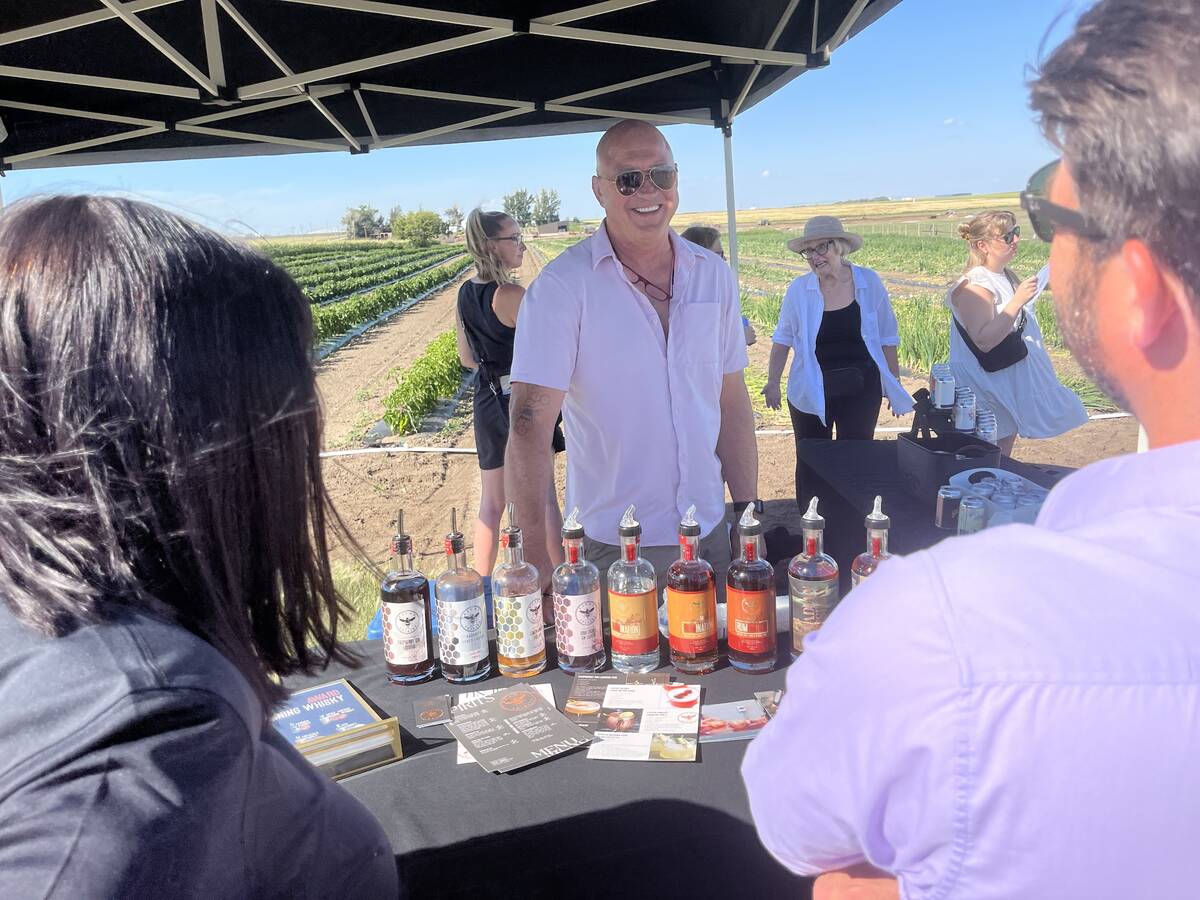Many kinds of hope are experienced as Christmas approaches. Kids often dream for a particular present. Some hope for a better New Year and future for themselves, their family and the world. Some hope for business success or financial improvement. Many hope for the wrong things.
Some think they are in hopeless situations but feel that they might have at least day during Christmas when they can feel the spirit of hope.
Some hope just to have sufficient water and food to survive the next day.
Read Also

From farmer to award-winning distiller
Pivot Spirits showcases transition from farmer to distiller with provincial award-winning results in Alberta for Lars Hirch
In other areas of the world, many hope that a terrorist explosion or guerrilla attack will not kill them or their families.
Especially at Christmas, many hope for a deeper spiritual relationship with our Creator, as seen in the celebration of the birth of Jesus, who Christians see as God, come in human form to redeem and renew.
Christmas involves many kinds of hope. Some of our hopes are personal. Others are shared by many people. Many hope, through the fellowship of family or of worship, to feel the presence of the Creator, no matter what this creative force is called.
But what happens when we put all our hopes in one basket, and on one particular celebration?
What happens when we have pre-conceived ideas of miracles? What happens when we are impatient with hope?
Whether dealing with a loving relationship, an illness or unexpected changes in circumstances, hope is a long-term investment.
We must continue to place our trust in hope, even when things may not look hopeful at the time. Feeling hopeful or hopeless depends on the way you look at things.
This is where faith and trust come in. We need to have faith and trust in a larger power within this world, that of people’s caring. We may not understand spiritual feelings totally. Yet we don’t have to understand something perfectly to be able to place our trust in it.
Life involves birth, life and death. Even terminally ill people have hopes for their families, and hope that even as they leave this life, they will do so by showing and receiving love. Trusting in that love is the one thing that Christmas is all about and teaches us to hope for.
Peter Griffiths is a mental health counsellor based in Prince Albert, Sask. His columns are intended as general advice only. His website is www.sasktelwebsite.net/petecope.














